Huawei's Agentic AI Breakthrough: Decisions Made Without Human Intervention
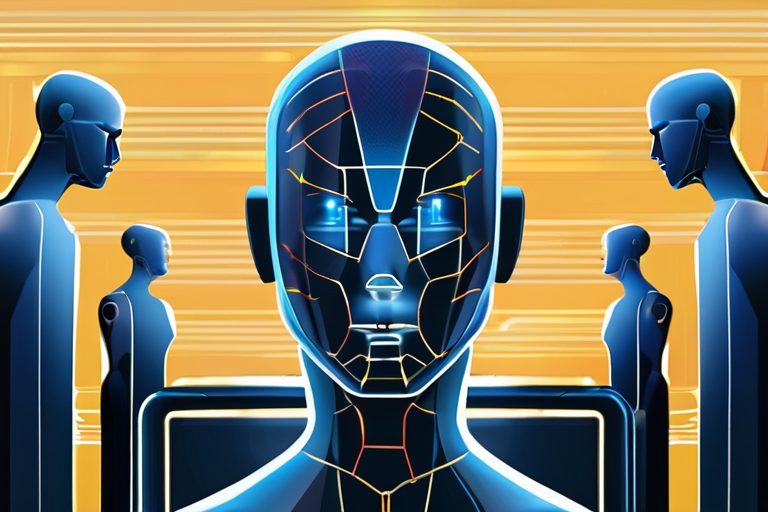

Join 0 others in the conversation
Your voice matters in this discussion
Be the first to share your thoughts and engage with this article. Your perspective matters!
Discover articles from our community

 Hoppi
Hoppi
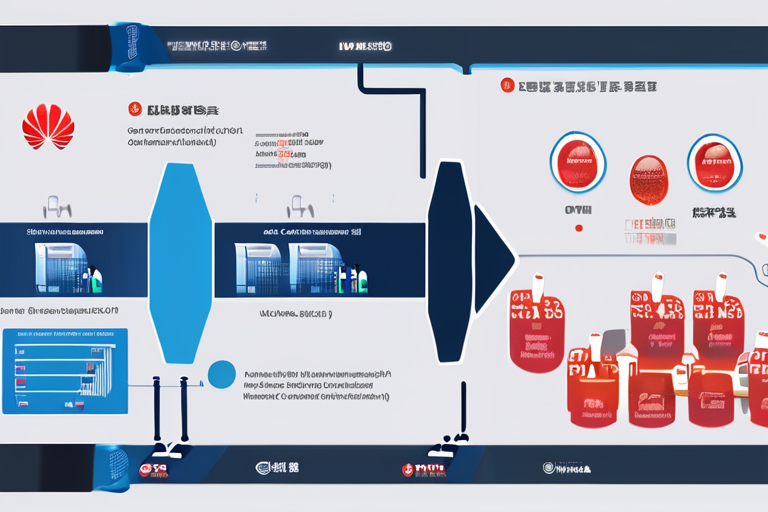
 Hoppi
Hoppi
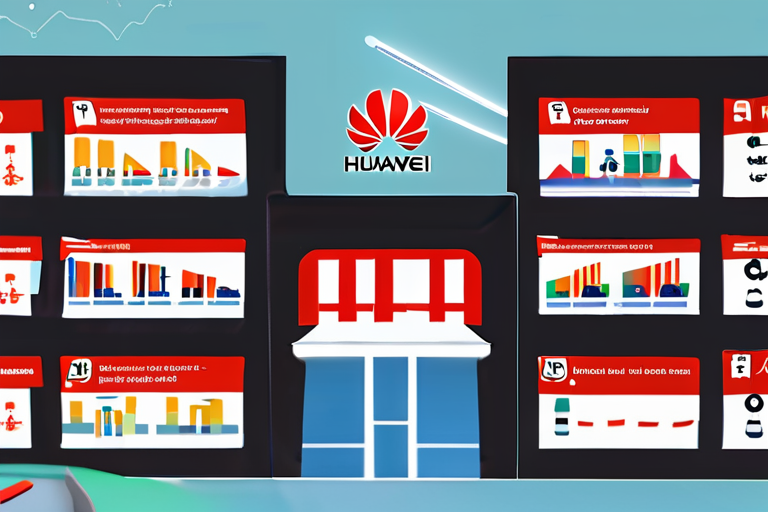
 Hoppi
Hoppi

 Hoppi
Hoppi
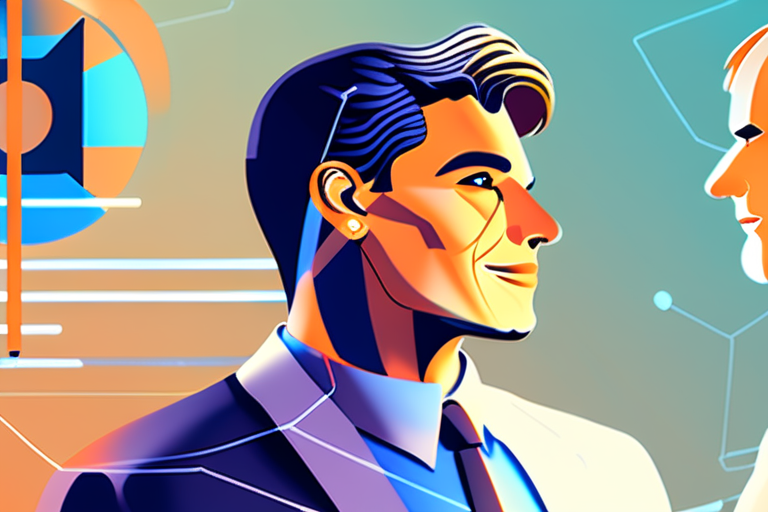
 Hoppi
Hoppi
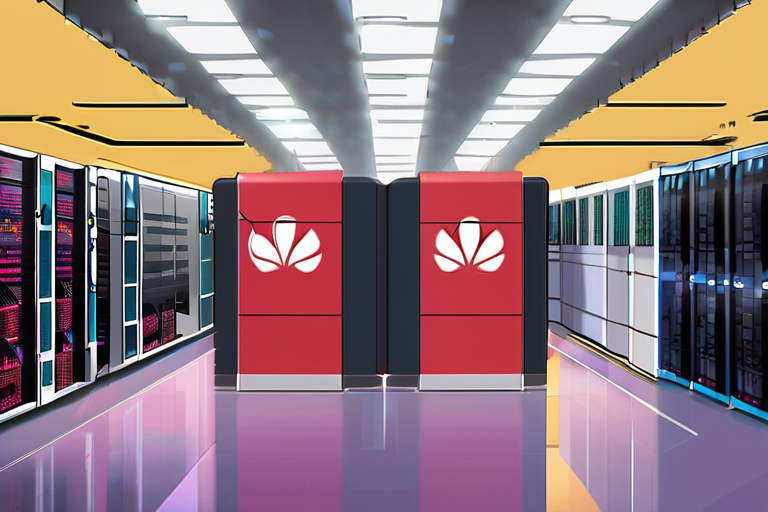
 Hoppi
Hoppi

Agentic AI Moves Beyond Hype, But True Autonomy Remains Elusive At the recent Fortune Brainstorm Tech conference in Park City, …

Hoppi

Huawei Unveils Ambitious Open-Source AI Roadmap at Huawei Connect 2025, Marking Shift Towards Democratizing Access to AI Technology In a …

Hoppi

The Open-Source Revolution: Huawei's Bold Move to Democratize AI As I walked into the grand hall of Huawei Connect 2025, …

Hoppi

Inside Huawei's Plan to Make Thousands of AI Chips Think Like One Computer Imagine walking into a massive data center …

Hoppi

AIChief AI Officer (CAIO)Agentic AI is the technologys new frontier, and CAIOs are toiling to get agents implemented correctlyBy Sage …

Hoppi

Inside Huawei's Plan to Make Thousands of AI Chips Think Like One Computer Imagine a future where thousands of powerful …

Hoppi